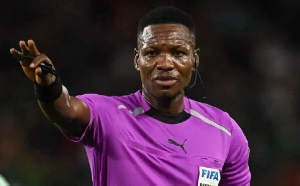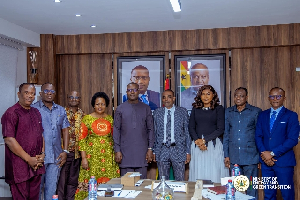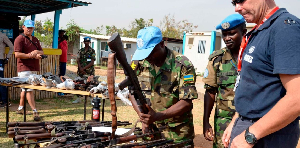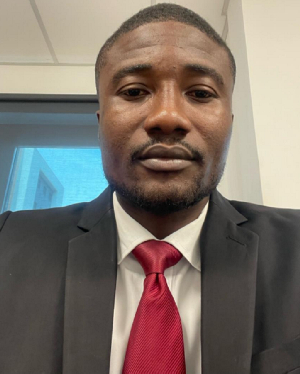Ghana’s first President Dr. Kwame Nkrumah hated being challenged by his appointees publicly, one of his living compatriots K B Asante has revealed.
The almost 90-year-old Asante, who served as a Secretary in Nkrumah’s Government told Morning Starr host Kafui Dey Tuesday February 24, 2015 in an interview that Dr. Nkrumah, who was overthrown exactly 49 years ago in a military coup led by Emmanuel Kwasi Kotoka and the National Liberation Council, always preferred that people who disagreed with him did so privately rather than publicly.
Speaking about some of the foibles of the pan-Africanist, Mr. Asante said: “…For example, he didn’t want you to oppose him in public.”
Dr. Nkrumah was ousted while on a trip to North Vietnam and China. Contentious declassified documents have suggested the CIA of the United States played a role in his overthrow.
Dr. Nkrumah himself alluded to a possible American complicity in his 1969 published work entitled: ‘Dark Days in Ghana’. His conclusions were thought to have been based on falsified documents which were shown to him by Russia’s KGB.
In 1978 John Stockwell, former Chief of the CIA's Angola Task Force, wrote that agents at the CIA's Accra station "maintained intimate contact with the plotters as a coup was hatched." Afterward, "inside CIA headquarters the Accra station was given full, if unofficial credit for the eventual coup... None of this was adequately reflected in the agency's written records."
Later that same year, Seymour Hersh of the New York Times, citing "first-hand intelligence sources," defended Stockwell's account, claiming that "many CIA operatives in Africa considered the agency's role in the overthrow of Mr. Nkrumah to have been pivotal."
These claims have never been verified, though declassified MI5 documents have indicated that a source within the British spy agency known as "Swift" had managed to infiltrate the inner circles of the Nkrumah government.
General News of Tuesday, 24 February 2015
Source: starrfmonline.com
Nkrumah hated being challenged publicly – K B Asante













